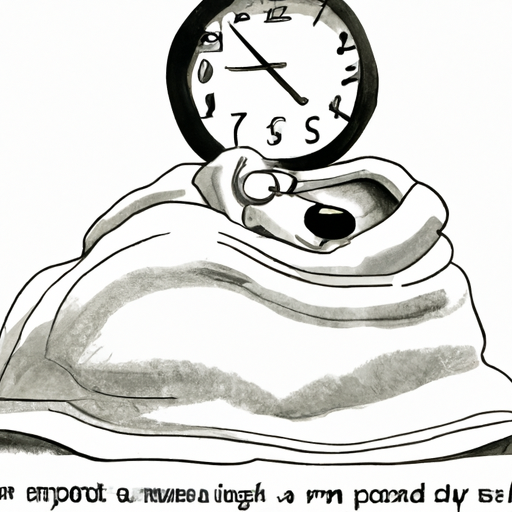Understanding Your Dog’s Sleep Needs
As a caregiver, you’re probably already aware of how much sleep humans need, but do you know how much rest your furry friend requires? Dogs, much like humans, have unique sleep needs that vary depending on their age, breed, and overall health.
Typically, adult dogs sleep anywhere from 12 to 14 hours per day, whereas puppies and senior dogs may require up to 18 hours.
| Age Group | Average Sleep Duration |
|---|---|
| Puppies | 18-20 hours per day |
| Adult Dogs | 12-14 hours per day |
| Senior Dogs | 14-18 hours per day |
Why Dogs Sleep More Than Humans
Wondering why your canine companion seems to sleep all day? Dogs experience a different sleep cycle compared to humans. They spend less time in REM (Rapid Eye Movement) sleep, which is the most restorative phase of sleep. As a result, they may need more total sleep hours to get enough rest.
Factors Influencing Your Dog’s Sleep
Just like you, several factors might affect your dog’s sleep pattern:
- Age: Puppies and older dogs tend to sleep more than young and adult dogs.
- Breed: Larger breeds usually sleep more than smaller ones.
- Health: If your dog is not feeling well, they might sleep more than usual.
Recognizing Sleep Disorders in Dogs
It’s crucial to recognize when your dog’s sleep patterns might indicate a problem. Pay attention to any changes in their sleep habits, and consult a veterinarian if you notice:
- Excessive sleep or insomnia
- Difficulty breathing during sleep
- Restlessness or difficulty getting comfortable
Ensuring Quality Sleep for Your Dog
Help your dog get the rest they need with these simple steps:
- Provide a comfortable sleeping environment
- Maintain a regular sleep schedule
- Ensure they get enough exercise during the day
- Regular vet check-ups to monitor their health
Frequently Asked Questions
1. How much should a puppy sleep?
Puppies require around 18-20 hours of sleep a day.
2. Is it normal for my dog to sleep all day?
Yes, it’s normal for dogs, especially older ones, to sleep a lot. If you notice any drastic changes, consult your vet.
3. How can I help my dog sleep better?
Provide a comfortable sleeping environment, maintain a regular sleep schedule, and ensure they get enough exercise.
4. Can dogs suffer from sleep disorders?
Yes, dogs can experience sleep disorders such as insomnia, sleep apnea, and narcolepsy. If you suspect your dog has a sleep disorder, consult your vet.
5. Do dogs dream?
Yes, dogs do dream. They often move their paws or make noises during REM sleep, which is when dreaming occurs.
Remember, sleep is as essential for your dog as it is for you. Monitor their sleep habits and ensure they’re getting the rest they need to stay happy and healthy.



